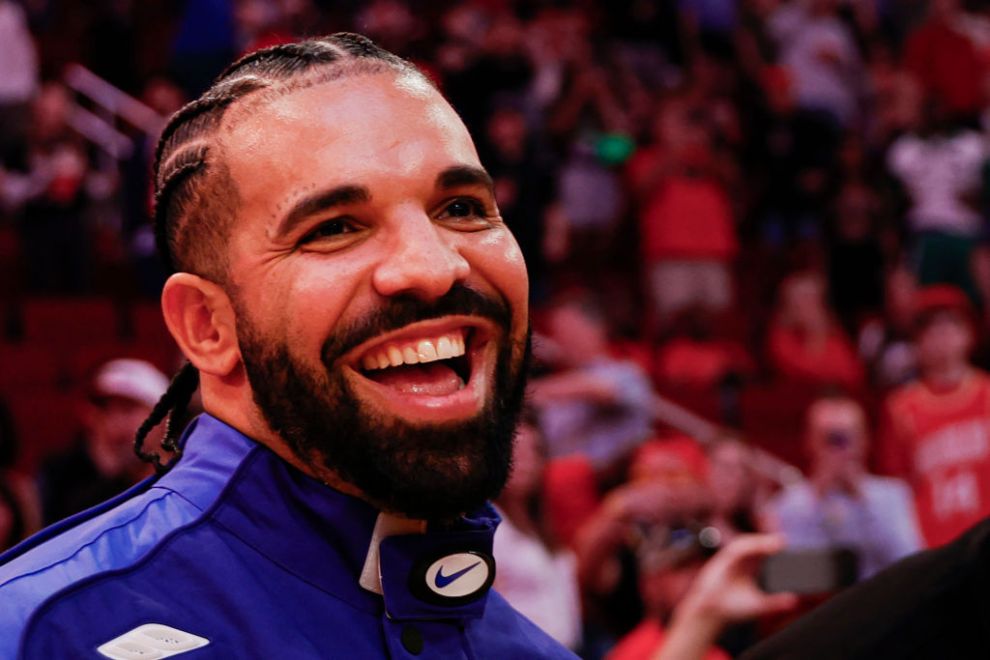Drake has officially reached a settlement regarding his lawsuit over allegations of a pay-to-play scheme that allegedly boosted radio airplay for Kendrick Lamar’s hit diss track, Not Like Us. Court records from Houston confirm that both parties have resolved the dispute, though the terms of the agreement remain confidential.
Allegations of Payola and Defamation
The lawsuit, filed in November 2024 in Bexar County, Texas, accused a media company of accepting unlawful payments from Universal Music Group (UMG) to promote Not Like Us unfairly. According to Drake’s legal team, the increased airplay of the track was part of a broader scheme to harm his reputation and unfairly inflate the song’s success.
The song, which was released in May 2024, contains several inflammatory accusations directed at Drake, including insinuations of criminal sexual behavior. In his filing, Drake argued that the song’s lyrics defamed him and that iHeartMedia played a role in spreading those claims by allegedly accepting financial incentives to broadcast it more frequently than usual.
Drake Settlement Details and Ongoing Legal Battles
Although the lawsuit against the company has been resolved, Drake’s legal battle against Universal Music Group remains ongoing. In January 2025, he escalated the case by filing a separate defamation lawsuit in federal court in New York, accusing UMG of promoting a “false and malicious narrative” about him through the song’s content.
Drake’s attorney stated, “We are pleased that the parties were able to reach a settlement satisfactory to both sides, and we have no further comment on this matter.” While this resolution closes one chapter, Drake’s team remains committed to holding UMG accountable for what they describe as an orchestrated attack on his character.
UMG has denied any wrongdoing, calling the allegations “offensive and untrue.” In a statement, a UMG spokesperson emphasized, “Drake has been a valued artist under our label for years, and any suggestion that we acted against his interests is entirely baseless.”
Industry Implications and FCC Investigation
The controversy surrounding Not Like Us has sparked a broader discussion about ethical practices in the music industry. The song, which won Song of the Year at the Grammys and has surpassed 1.2 billion streams on Spotify, remains one of the most talked-about releases of the past year.
Beyond the legal disputes, the Federal Communications Commission (FCC) is now investigating the media company for possible violations of payola laws. Payola—the illegal practice of record labels paying radio stations to play certain songs without disclosing the arrangement—has long been a contentious issue in the industry. If the FCC finds evidence of misconduct, the company could face regulatory fines or sanctions.
Additionally, the company has been under scrutiny for its broader business practices, with concerns that it may have leveraged its influence in ways that disadvantage independent artists. The company, which operates over 860 radio stations across the U.S., has denied any wrongdoing and insists that its programming decisions are based solely on audience demand.
What’s Next for Drake?
As the legal dust settles, the battle between Drake and UMG will likely continue to make headlines. Music industry insiders are closely watching to see how this case unfolds, particularly in light of increasing scrutiny on the relationships between artists, record labels, and media corporations.
For now, Drake can claim a partial victory in his fight to clear his name, but the larger questions surrounding payola and industry ethics remain unresolved. Whether these cases will lead to significant changes in how music is promoted and distributed remains to be seen.

